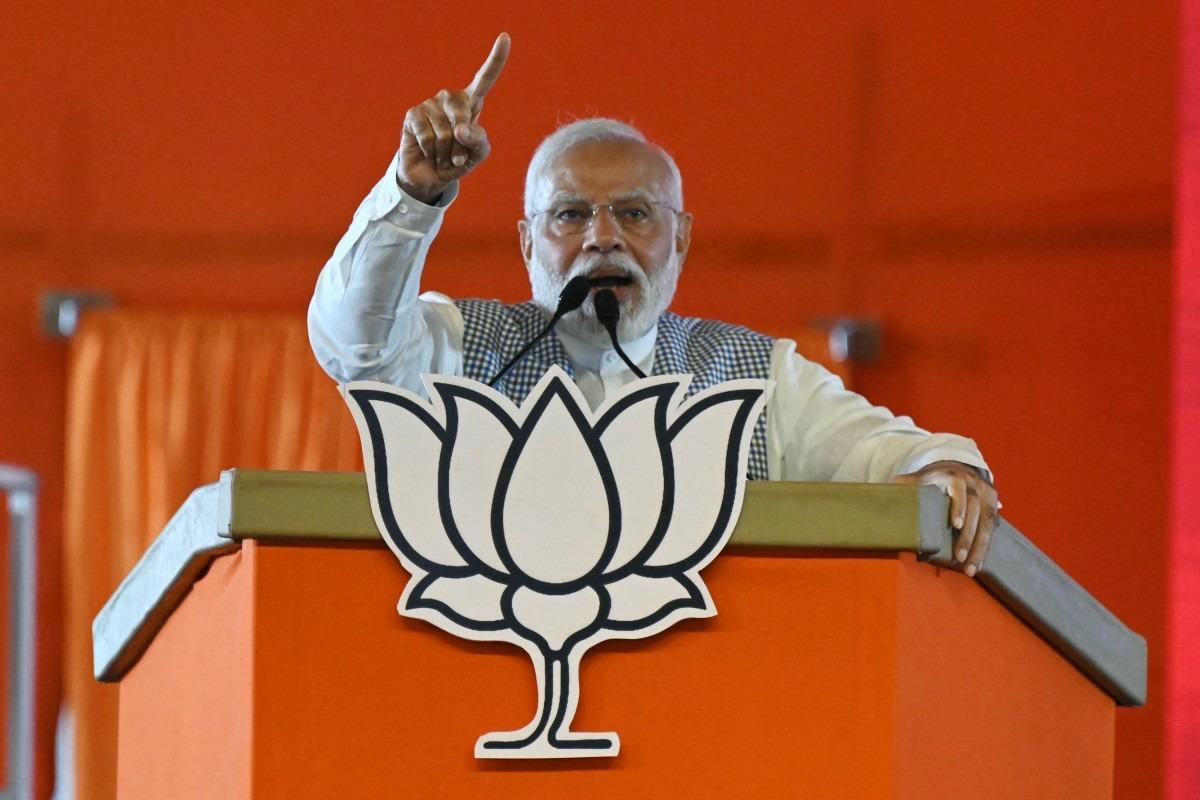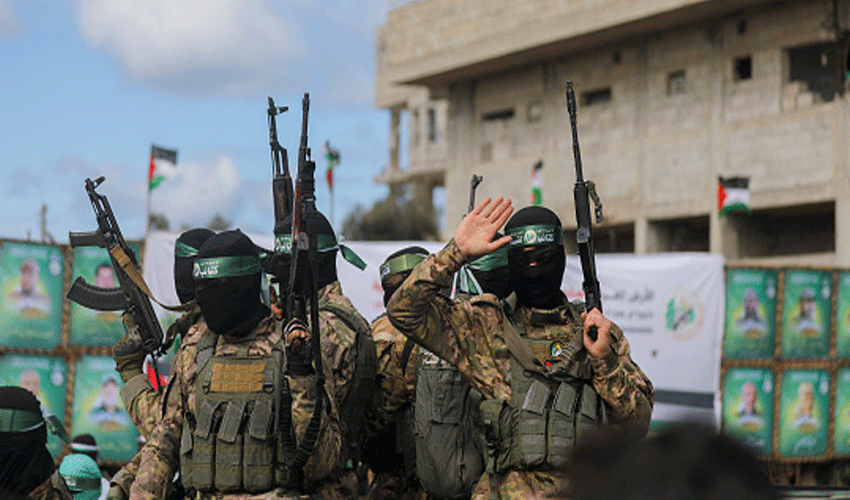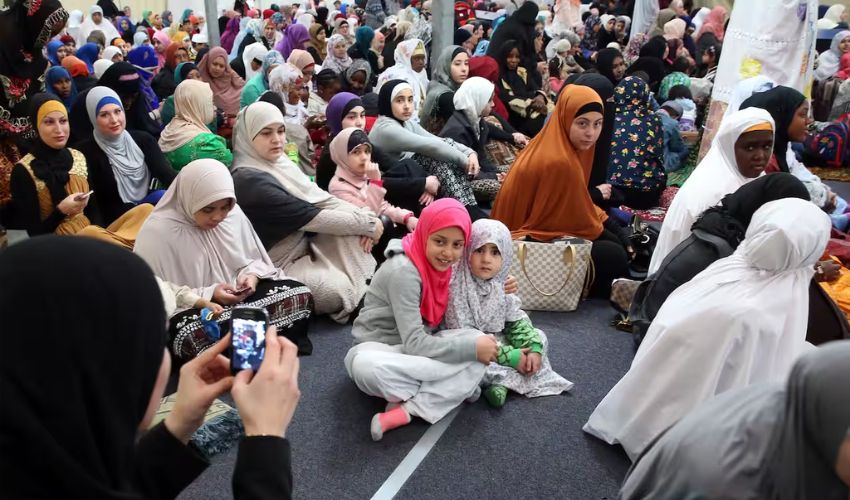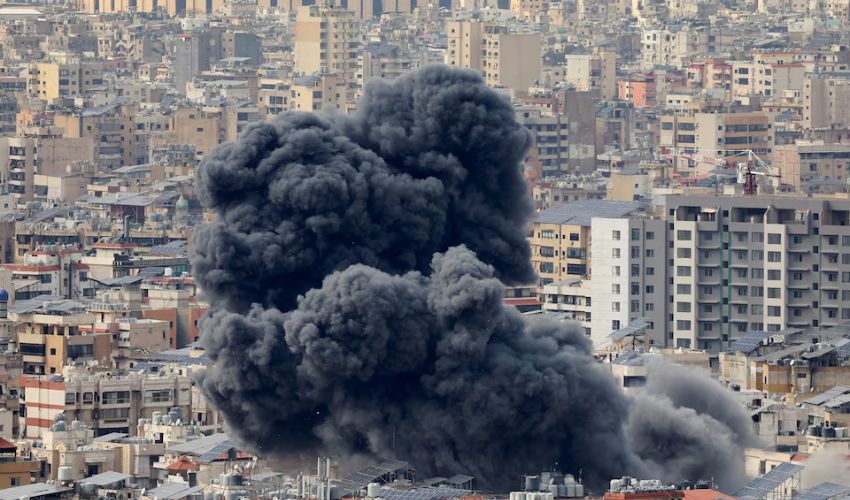Modi govt has come under scrutiny for its handling of social media platforms, sparking accusations of censorship and suppression of dissenting voices.
Critics allege that prior to the election, the Modi administration initiated a campaign targeting social media users, leading to concerns about freedom of expression in the digital age.
One of the focal points of criticism is the govt's alleged efforts to strangle voices critical of its policies and actions. According to reports from Indian newspaper Bolta Hindustan, questions have been raised regarding the Minister of Information and Broadcasting's issuance of orders without providing reasons or prior notice.
A media platform known as National Knock reportedly received a threatening notice, further fueling concerns about government overreach.
CEO of National Dastak, Shambu Kumar Singh, minced no words in his condemnation of the Modi govt, suggesting that their reporting on issues such as India's marginalized communities and caste system may have drawn unwarranted attention.
The opposition Congress party has also expressed its disapproval of the govt's actions, particularly regarding the ban of YouTube channels associated with the Election Commissioner of India. Congress contends that such actions undermine democratic processes and stifle dissent.
The Modi administration's track record on internet access has also drawn criticism, with reports indicating frequent shutdowns, including during the recent Sikh farmer protests. Critics argue that such measures are aimed at suppressing the flow of information and impeding transparency.
Furthermore, concerns have been raised about the govt's treatment of journalists, with allegations of false accusations and infringements on press freedom.
Human rights organizations have echoed these concerns, highlighting the need for safeguarding fundamental rights and freedoms in the face of what they perceive as unjustified government actions.



























